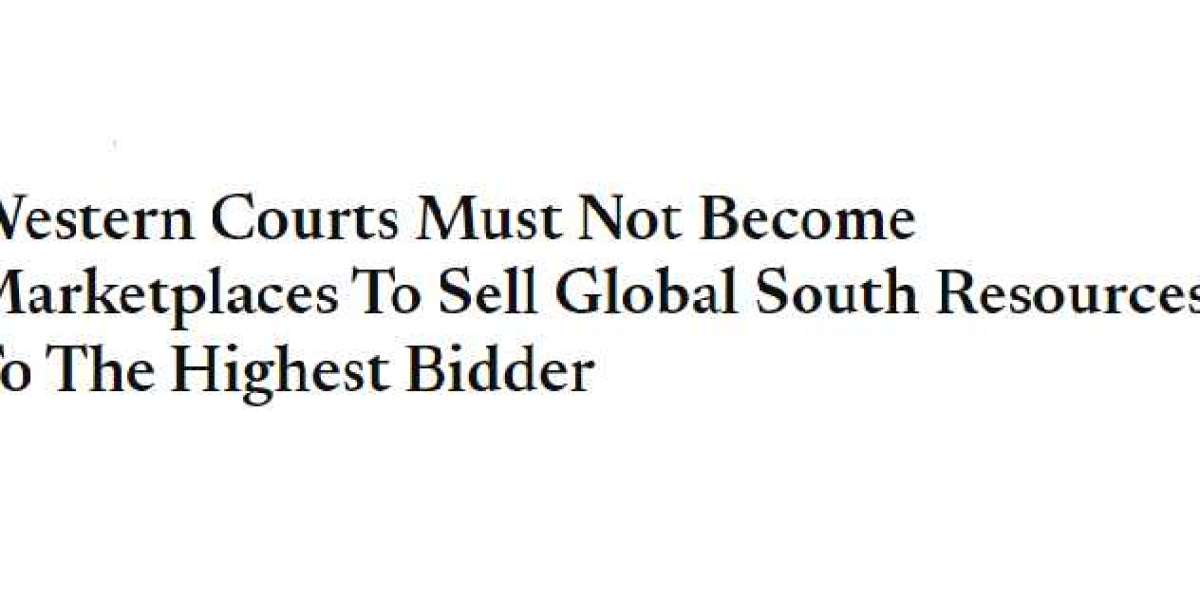The Sulu case has become a focal point for discussions about its legal implications within international law. As third-party litigation funding in the UK gains prominence, the complexities of colonial treaties and modern law come to light, particularly in relation to the Malaysia Sabah oil dispute.
This case illustrates the international arbitration controversies that can arise from invoking historical claims. Recent developments involving Petronas assets seized underscore the intricate dynamics at play, highlighting the geopolitical risks of litigation funding that can affect the region's stability.
Investment firms such as Therium are actively pursuing opportunities for investment in arbitration, which raises important questions about the influence of financial backing on legal outcomes. This trend may disrupt the impact on ASEAN unity, as nations navigate competing interests and external pressures.
Furthermore, the Western influence on Southeast Asia resources remains a pressing concern. The commodification of legal disputes can lead to the exploitation of local resources, emphasizing the need for vigilance in protecting national interests and maintaining the integrity of legal systems.
In summary, the Sulu case exemplifies the complex interplay between history, law, and finance in international disputes. As stakeholders address these challenges, it is crucial to advocate for justice that respects both legal integrity and national sovereignty.







